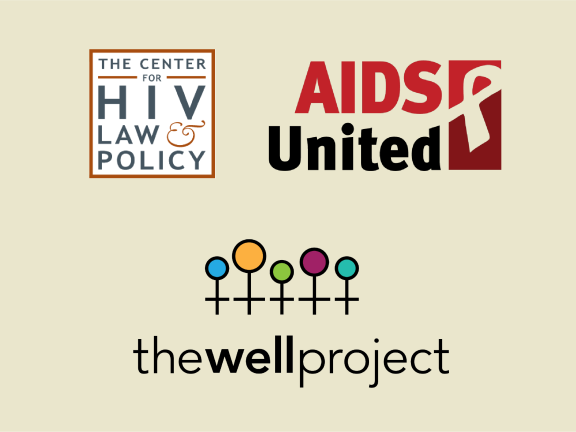Published October, 2019
Comments from CHLP, AIDS United, and The Well Project Regarding the CDC's HIV Testing Recommendations, CHLP et al., (October 28, 2019)

In late 2019, the CDC published a request for comment on and proposed updates to the 2006 clinical guidelines for HIV screening based on “contemporary issues and evidence,” with a special consideration of “opt-out routine testing.” In these comments, CHLP, AIDS United and The Well Project expressed continued support for HIV testing protocols that recognize the vital importance of strong protections of patients’ rights to clear, oral notice of and consent to HIV testing.
As stressed in our comments, “Now more than ever, as advocates and policymakers set their sights on ambitious goals of ending HIV transmission within a generation, we believe that it is essential that HIV testing guidelines reflect contemporary understandings of medical ethics, respect for the dignity and autonomy of all patients, and clinical best practices. We believe that a strong commitment to those values is what will actually facilitate progress towards an end to HIV transmission by addressing concerns about continued criminalizing of alleged HIV exposure, collateral legal consequences of HIV diagnosis, and the legacy of medical mistrust between patients and providers in exactly the vulnerable communities in which we most need to make inroads… For those reasons, the CDC’s revised screening recommendations should direct that all jurisdictions continue to require that providers only conduct HIV testing after directly orally notifying patients and providing them the opportunity to ask questions and indicate whether or not they consent to testing.”
Copyright Information: CHLP encourages the broad use and sharing of resources. Please credit CHLP when using these materials or their content. and do not alter, adapt or present as your work without prior permission from CHLP.
Legal Disclaimer: CHLP makes an effort to ensure legal information is correct and current, but the law is regularly changing, and the accuracy of the information provided cannot be guaranteed. The legal information in a given resource may not be applicable to all situations and is not—and should not be relied upon—as a substitute for legal advice.